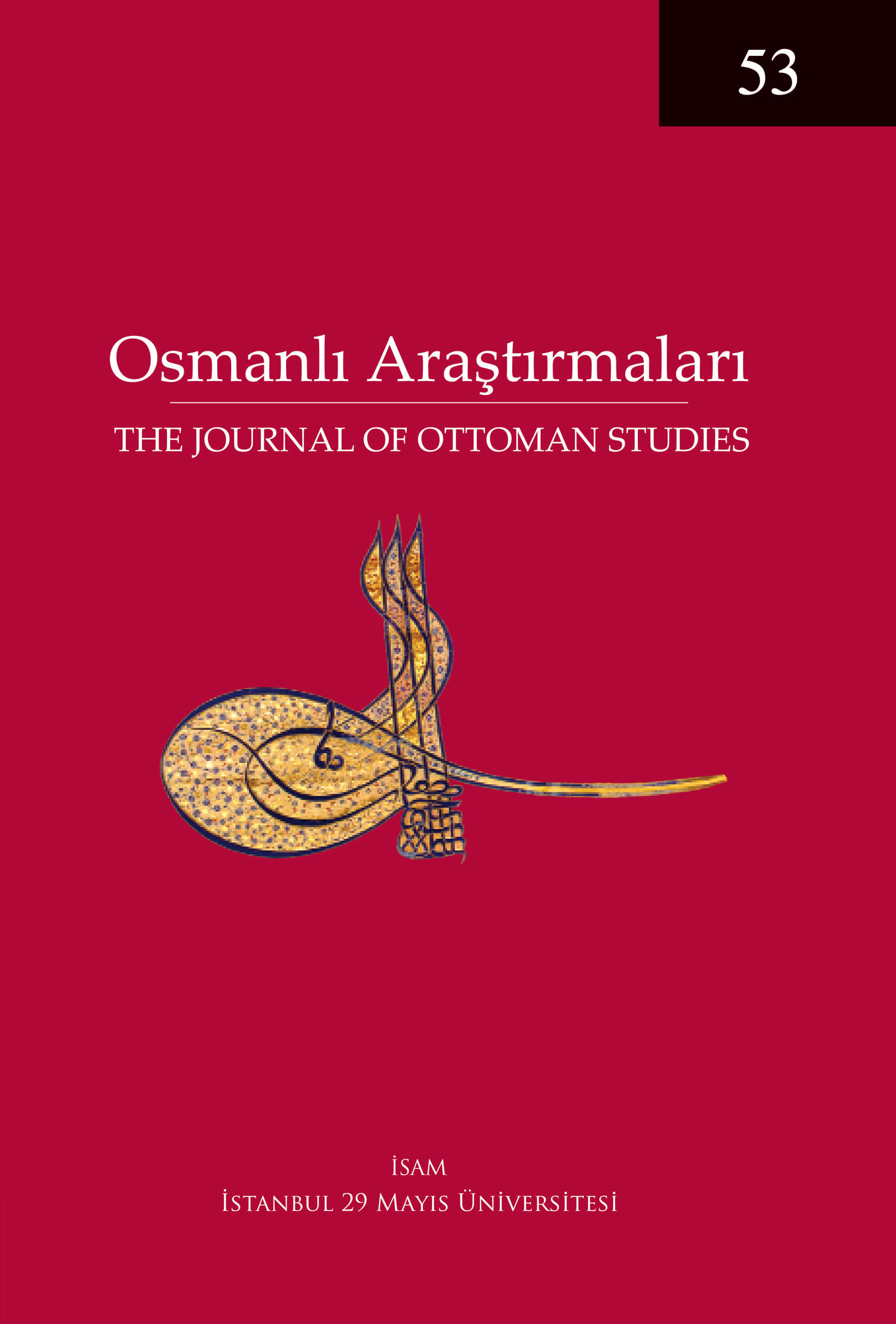Families in the Formation Stage of the Ottoman Empire According to Endowment Deeds II: The Family of Timurtaş Paşa
Keywords:
Kara Timurtash Pasha, Aykut Alp, Bayezid Pasha, Timurtashogullari Ali, Oruch and Oumur Pasha, Hodja Firuz Bey, Hamza BeyAbstract
The studies on the motives regarding the establishment of the Ottoman Empire, the respective groups’ role in it and notable families distinguished among those groups have remained limited due to the insufficiency of the related documents. It has not been so easy to explain how the Ottomans became a universal state and stronger than the other beyliks, which seemed to have been stronger than the formers. The policy followed during the reigns of Murad Hüdâvendigâr and his son Yıldırım Bayezid, the period during which the effects of that transformation were felt significantly, was defined as the activity of liquidating the beyliks, of which asabiyyahs were the same the Ottomans’ one as. This study as the continuation of the thesis claiming that the borders of the loyalty to the “hutbe” had exceeded to Bithynia aims to show the transformation process of the weak binds of the Ottomans with the beyliks into a full hegemony through Kara Timurtaş Paşa and his sons. Timurtaşzâdes, who had continued the power from the the beginning to the “great conquest” should be viewed as another significant family of the establishment period. The contributions that Ali, Oruç and Umur Beys as well as Yahşi and Firuz Beys, the other sons of Timurtaş Paşa had made for the recovery of the state after the battle of Ankara, and their roles in social policy via the waqfs they had founded can be seen as the major frame of this study. The statement regarding the origin of Bayezid Paşa constitutes the most important part of the study.




